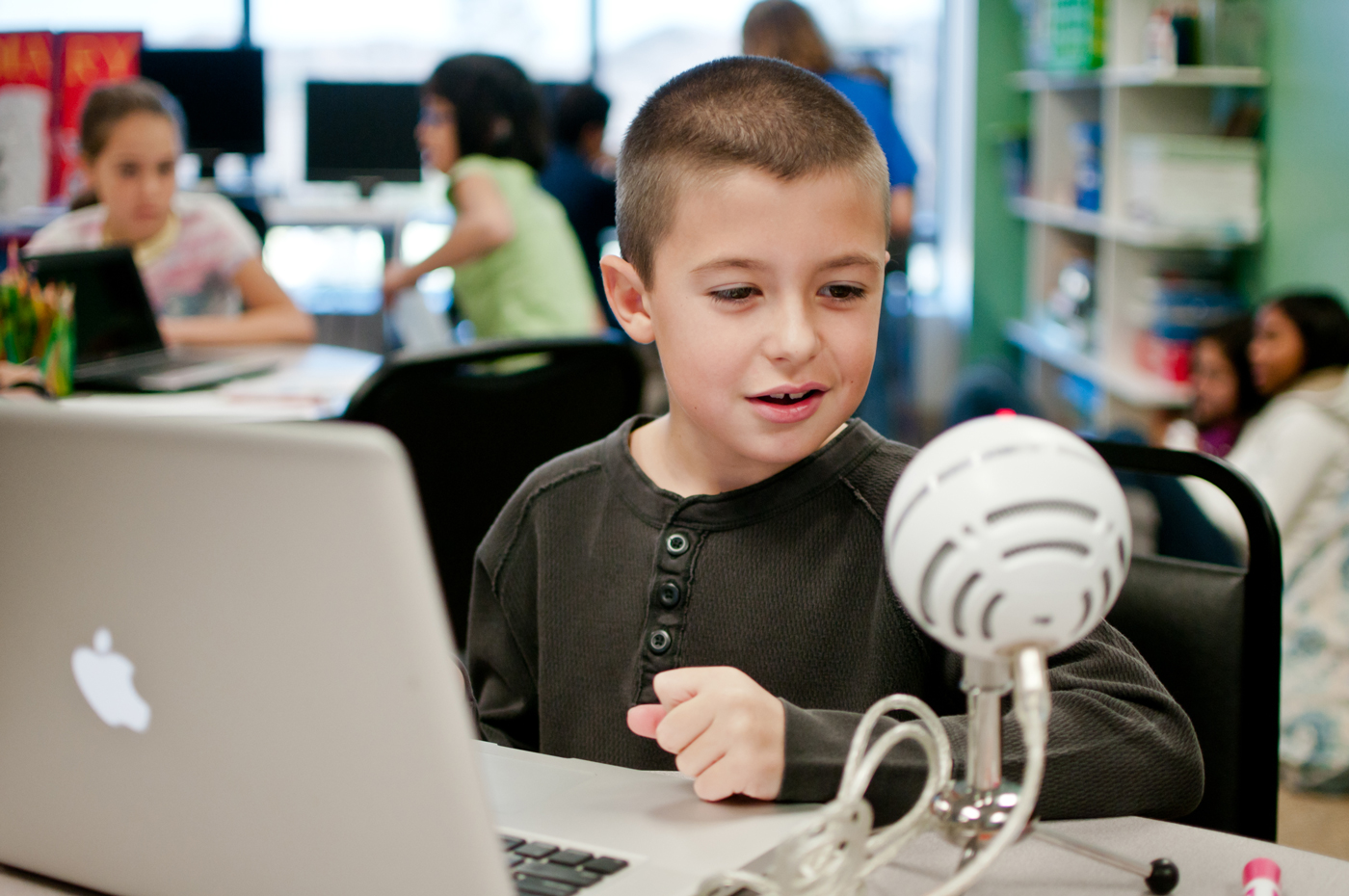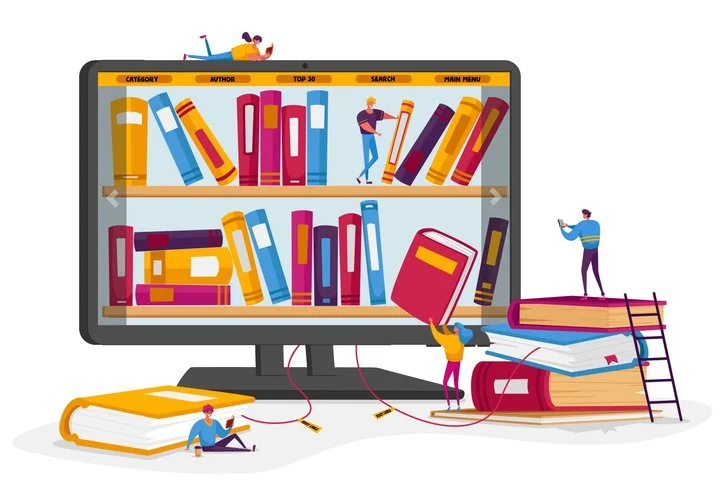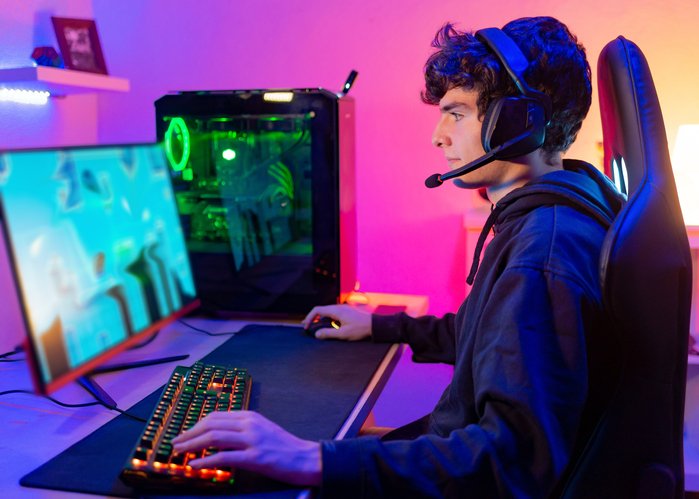iLEAD students learn by solving real problems, supported by teachers, to develop skills of the 21st-century jobs. Their success has been significant.
Photo: https://ileadschools.org/
During the past few years we have been reading different opinions about the future of education. Most of them suggest schools need to integrate real-life projects to their programs, that they should promote lifelong learning, and teach critical thinking and creative problem-solving. To this day, there are not many institutions pursuing these objectives.
iLEAD charter schools are among the few schools to have an educational project-based learning program up and running; Students learn by solving real problems, supported by teachers (called facilitators), to develop skills of the 21st-century jobs. Their success has been significant.
Definition: Project-based learning is a didactic technique focused on the collaborative efforts of a group of students to design and develop a project as a way to achieve the learning objectives of one or more disciplines, and to develop competencies related to the management of actual projects. – Innovation in education: a glossary by The Observatory.
The goal of iLEAD schools is to create a learning environment that encourages students to be future leaders, innovators, collaborators and critical thinkers. Likewise, they teach them compassion, environmental awareness, and social responsibility. But how does this educational model work?
The iLEAD program conceives education as an integral experience rather than a program divided into subjects. It combines classroom activities with study time at home, in addition to community experiences. Its learning model promotes individualized instruction, active learning methods, and self-directed learning.
ILEAD teachers have a mentor role and offer personalized treatment to each student. They guide them to become disciplined and self-confident. In turn, parents are committed to support children’s school goals and teach them good habits at home, such as reading, punctuality, and proper nutrition.
Although in Latin America this type of educational program seems a utopia. Public and private schools can start implementing project-based learning to develop the skills of students at an early age.
This article from Observatory of the Institute for the Future of Education may be shared under the terms of the license CC BY-NC-SA 4.0 
)
)











)
Kathia Rebeca Arreola Rodríguez
Kathia Rebeca Arreola Rodríguez
Kathia Rebeca Arreola Rodríguez